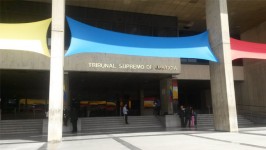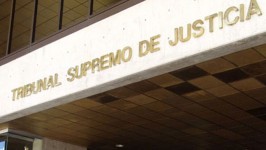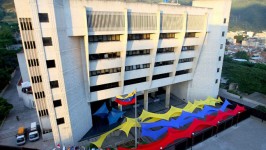Indigenous Ecuadoreans began their march to the capital on Sunday, rallying hundreds of protesters just a day after the government announced that almost a thousand social organizations in the country have chosen to participate in the government-backed national dialogue, which was established after weeks of sometimes violent protests in June.
“Eighty percent of the population says that dialogue is the (right) mechanism and welcomes the governmental proposal. About 75 percent of Ecuadoreans acknowledge that it could help a lot the country, which has registered major advances over the past eight years,” said General Secretary of Planification and Development Pabel Muñoz in Yaruqui, a rural village in the east of the capital Quito.
Muñoz announced on Saturday that the government has managed to bring together 995 organizations from social and political movements across the country in less than a month and half.
“We are talking with whoever thinks differently, with whoever has proposals in some controversial cases, but what matters is to eventually find points of agreement and knowing how to give a democratic treatment to our disagreements.”
“At least 9,000 citizens, including doctors, students, professors, community leaders and farmers have joined the talks,” added the state official.
However, despite government overtures to reach out to different sectors of Ecuadorean society, on Sunday, hundreds of indigenous Ecuadoreans led by Confederation of Indigenous Nationalities of Ecuador (CONAIE) started a march From El Pangui, neighboring Peru, toward the capital, to participate in the Aug. 13 general strike against the government of President Rafael Correa.
Telesur





